Not withstanding denials by the authorities that soldiers did not shoot at Lekki Toll Plaza on October 20, 2020, a surgeon at a hospital in Lagos says many patients shot or injured at the tollgate shooting were brought to their hospital.
According to Dr Babajide Lawson, a trauma and orthopaedic surgeon at Reddington Hospital, Lagos, the number of those brought in overwhelmed the hospital.
“There was a large number of patients on the night of October 20, after soldiers opened fire on peaceful protesters at the Lekki toll plaza,” Lawson said while testifying before a Judicial Panel of Inquiry investigating the incident.
He narrated: “On the night of this event, in the Lekki facility, when patients were brought in, it was a mass gathering situation in which case you have a large number of people presenting at the same time, literarily overwhelming the facility.
“In that kind of situation, there are lots of cases that might be compromised. If this patient says he was treated at the hospital, he can present at the hospital and get a medical report.”
The surgeon spoke during cross-examination by a lawyer to some of the victims of the shooting, Olumide Fusika, who asked him whether he authored any of the medical reports tendered to the panel.
Lawson said he did not author any of the reports as it was the duty of doctors handling the patients.
“You will agree that there is none for Samuel Asola, who is a petitioner before this panel and my own client,” Mr Fusika had said.
“This client of mine says he was treated of gunshot wounds at your facility. He has pictorial proof of being actually treated. If that were to be true, it means your evidence before this panel is not comprehensive, it is not exhaustive of the people you treated of gunshot of wounds.”
The lawyer further asked whether the hospital extracted pellets from the patients as there were many cases of gunshots, especially in the case of Nnaji Mabel who had a pellet in her abdomen.
“As indicated in the report, we did not extract the pellet. I admitted the responsibility, we reviewed her CT and records, we determined that she did not need anything extensive, and she was treated and allowed to go,” the surgeon replied.
“It’s normal to have pellets in your body and just go home?” Fusika further queried.
“Yes, it is possible. If there is a gunshot injury and the bullet does not in any way endanger the body, the pellet can remain,” Lawson also replied.
The surgeon said some pellets were removed but, according to medical protocols, the police will be invited and the pellets handed over to them.
He added that other patients sustained “entry” and “exit” bullet wounds.
“In normal process, protocol is that if there is a gunshot injury and extracted the bullet, the police will have to come and the bullet be handed over.
“For the patients I treated, I did not extract any bullet; the patient that had pellet did not require a removal,” he said.
Earlier, while giving his evidence, Mr Lawson said the number of victims of the shooting who visited the hospital tripled after the first night.
“Being in charge of trauma means anybody that is involved in any form of traumatic injury, accident, gunshot and others will have to go through me first. I saw a couple of them, the ones that needed admission, I admitted and the ones that did not were taken care of.
“The thing is on that October 20, a lot of patients presented at the Lekki office, that’s the Lekki hospital. I was shuttling between there and the VI office, which I represent.
“Later on the night of 20th, I also went to the Lekki office to access and determine what amount of assistance they would require from me. I transferred some of the patients from the Lekki Hospital to the VI office.
“On the first night, there were about six patients that I saw, subsequently, other patients came, tripled in, as days continued.”
The surgeon said the patients had varying degrees of injuries and were treated.
The hospital had earlier appeared before the panel on January 6, to represent medical reports of about 20 patients who were brought to the hospital on the night of the Lekki Shooting.
‘Medical reports do not add up’
Olukayode Enitan, the lawyer to the Lagos State Government, said many of the medical reports presented by Reddington hospital did not add up.
He said he applied for the case notes of the patients to further clarify the position of the hospital.
“We applied to Reddington Hospital; we requested the hospital to produce the case notes of the patients whose reports have been presented. The reason for this is that when we went through the reports, too many of them do not add up, some are outrightly contradictory.
“We believe that the case notes will more than likely shed light on whatever it is. If it is a summation of actual events, the case not will show that, that is why we made that application.
“It is very necessary that we have the case notes before the doctors are presented for cross-examination,” Mr Enitan said.
Jonathan Ogunsanya, the lawyer to the panel, said the hospital has been served to present the case notes.
The hospital’s lawyer admitted they were served on Friday.
“We didn’t have enough time to go through the necessary process as required. However, we are able to prepare one or two, because there were different batches of patients that were treated.”
Retired Justice Dorris Okuwobi, the Chairperson of the panel, ruled that case notes should not stop the presentation of evidence of the doctors and that another date could be given for cross-examination.
Continuation of hearing has been adjourned until February 12 for the Lagos State Government’s lawyer to cross-examine Lawson.









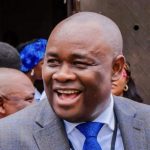




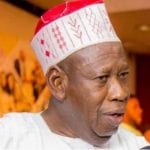
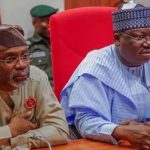





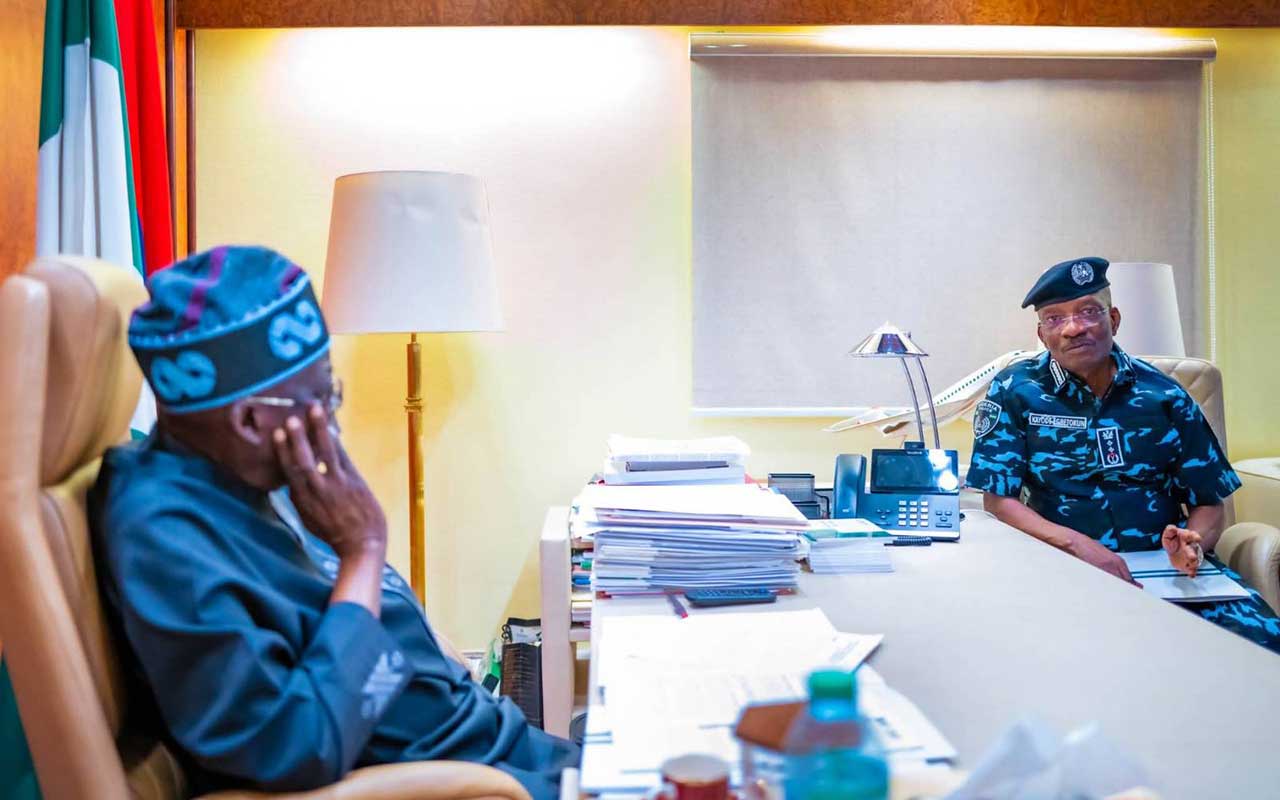
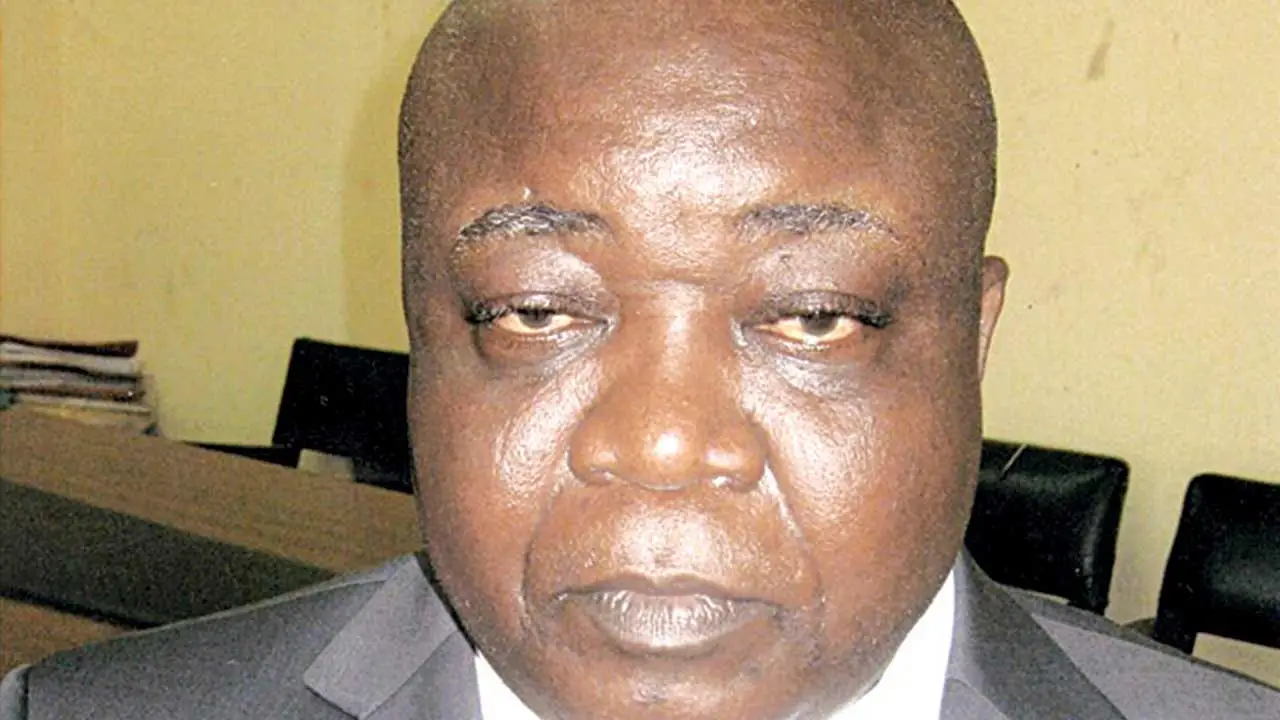
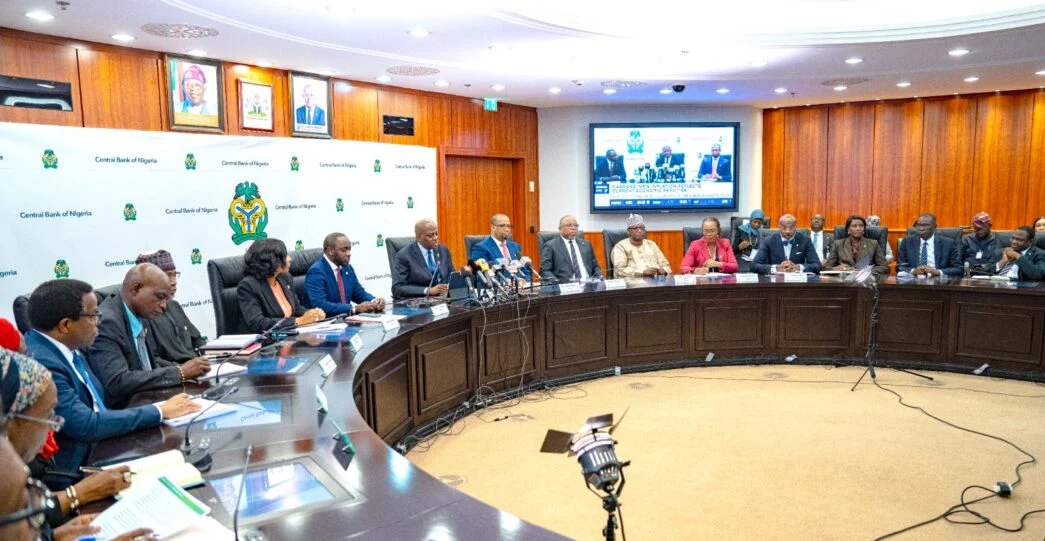
Leave a comment